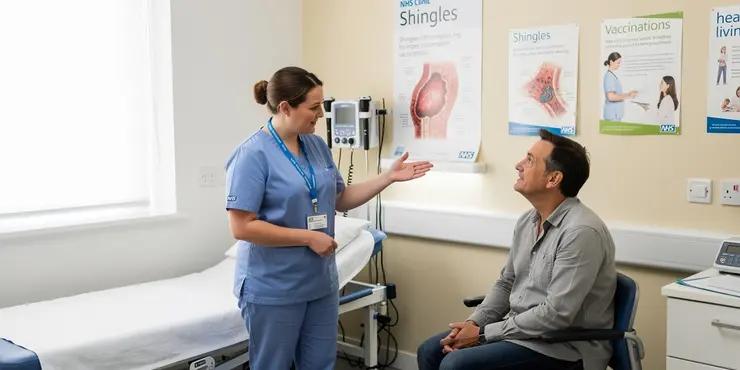
Find Help
More Items From Ergsy search
-
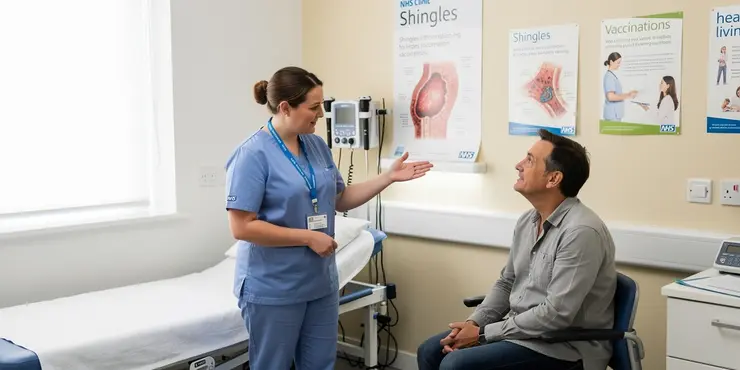
Is shingles contagious?
Relevance: 100%
-
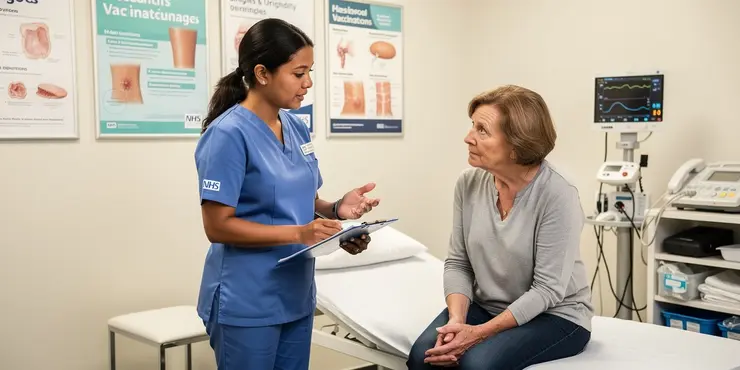
Is shingles contagious?
Relevance: 98%
-
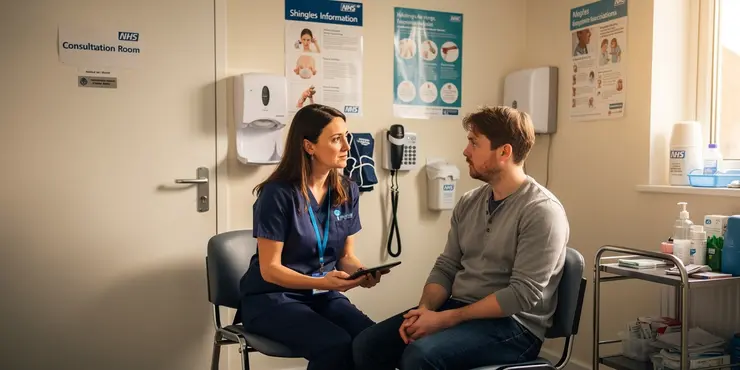
What is shingles?
Relevance: 61%
-
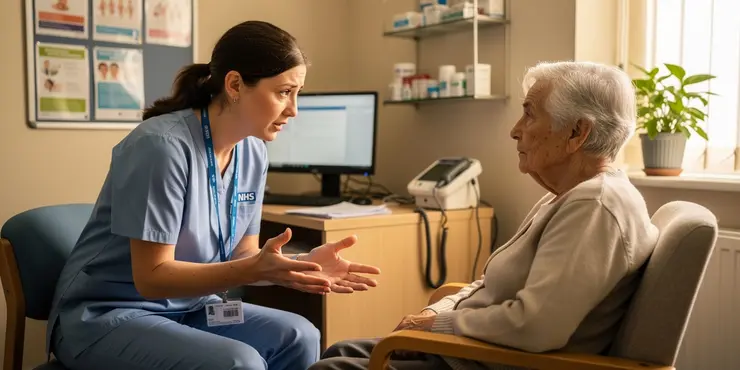
What is Shingles?
Relevance: 61%
-
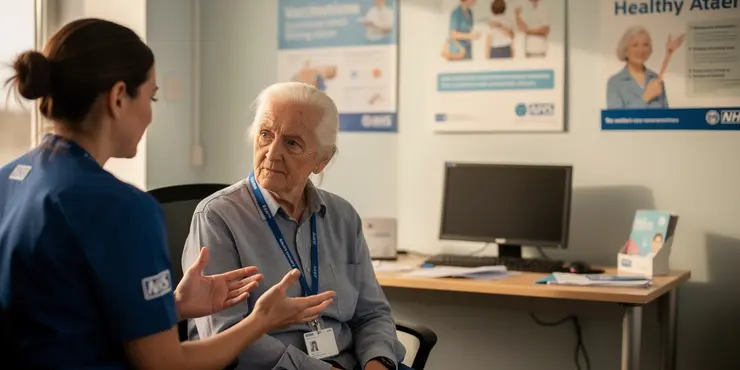
Can shingles be prevented?
Relevance: 59%
-
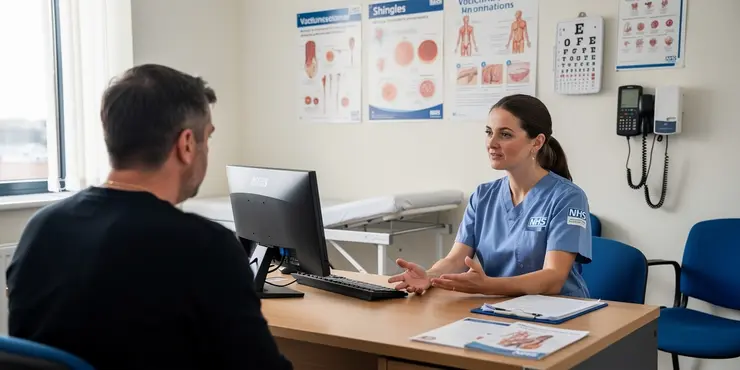
What causes shingles?
Relevance: 59%
-
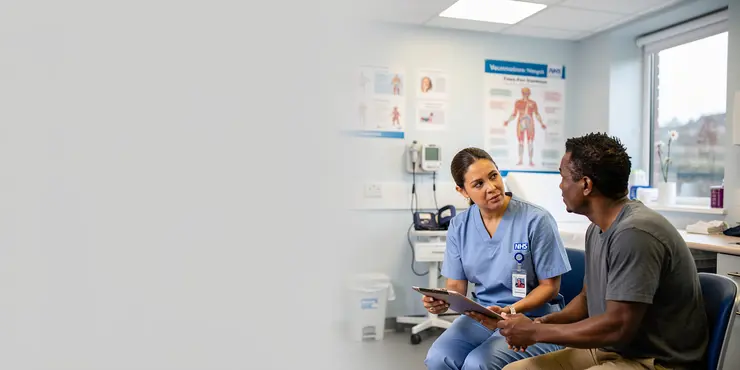
What causes shingles?
Relevance: 58%
-
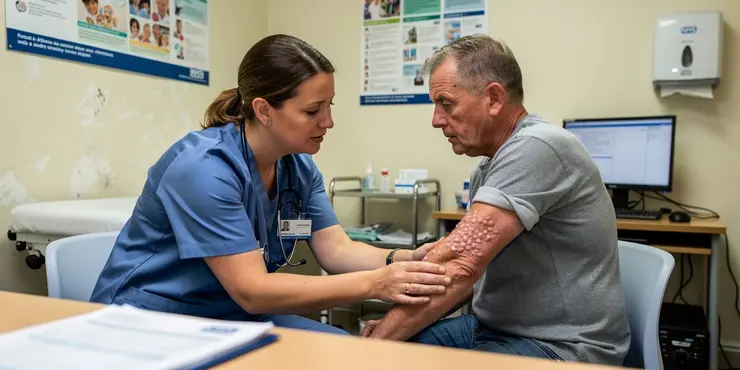
How is shingles diagnosed?
Relevance: 58%
-
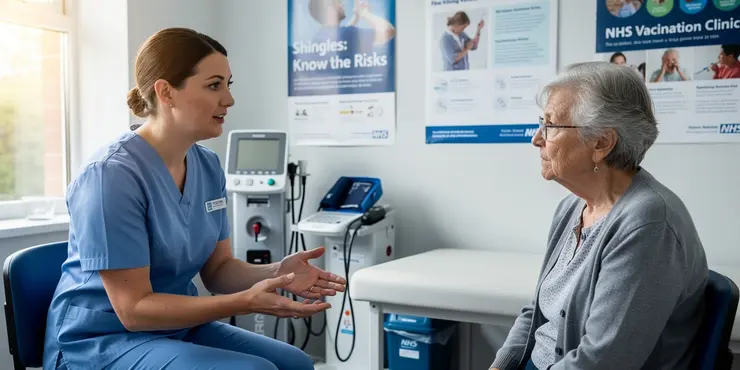
Are there any complications associated with shingles?
Relevance: 56%
-
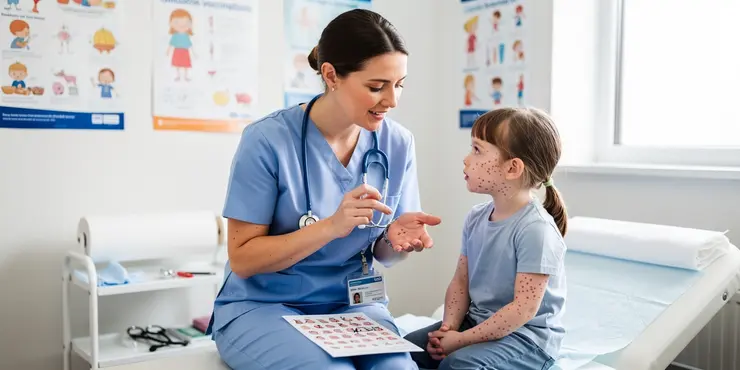
Is chickenpox contagious?
Relevance: 54%
-
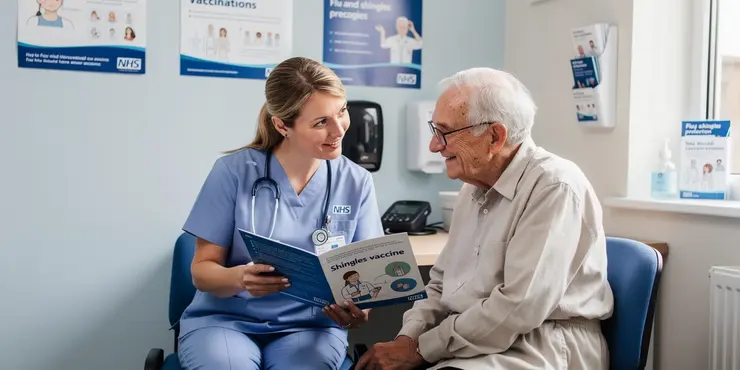
Is the shingles vaccine safe?
Relevance: 54%
-
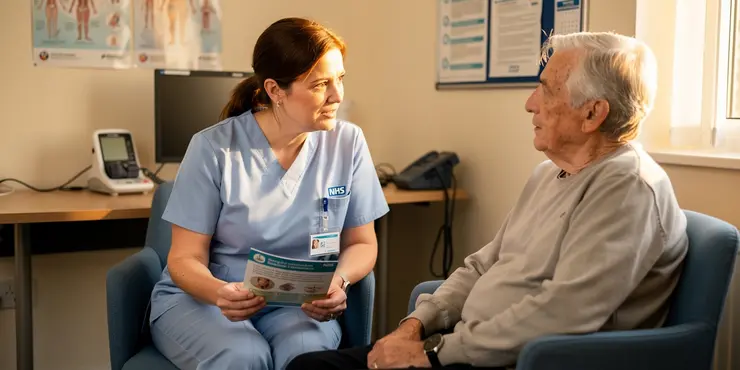
Can shingles be prevented?
Relevance: 53%
-

What are the symptoms of shingles?
Relevance: 53%
-

Who is at risk of developing shingles?
Relevance: 52%
-
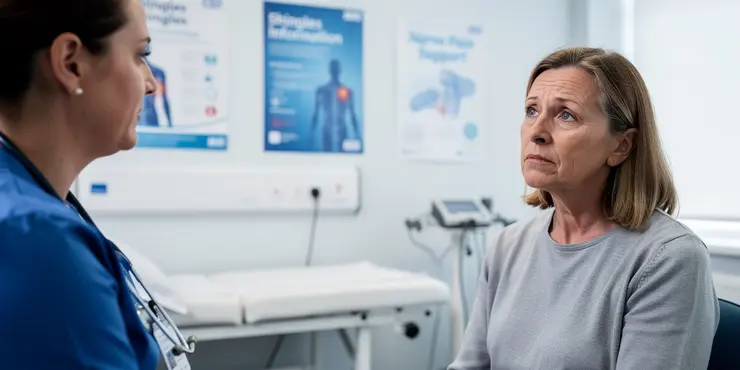
Are there any complications associated with shingles?
Relevance: 52%
-
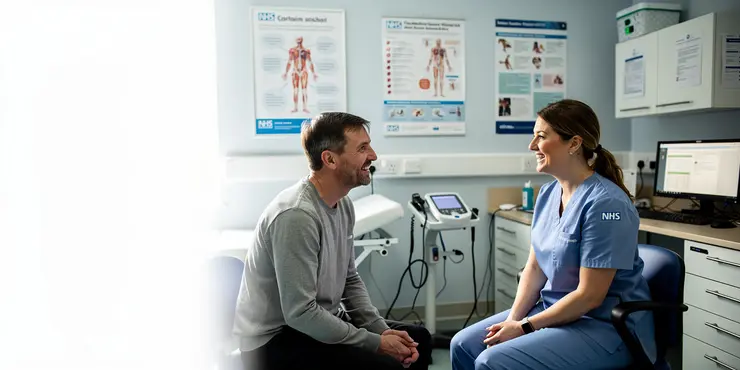
Can stress trigger shingles?
Relevance: 51%
-
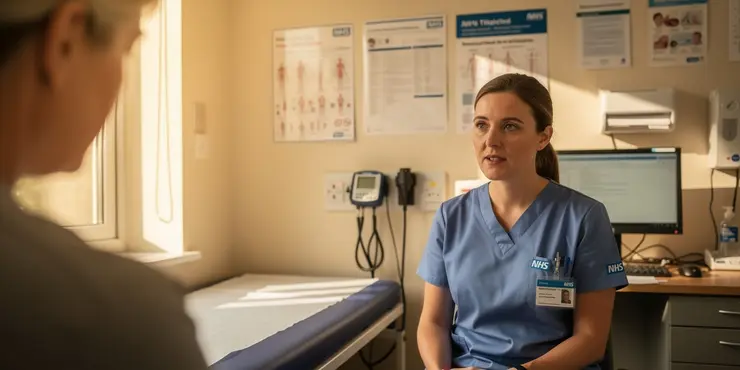
What treatments are available for shingles?
Relevance: 51%
-
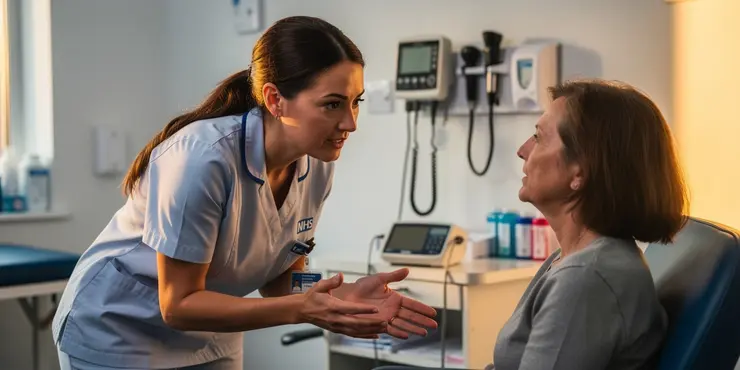
Can stress trigger shingles?
Relevance: 51%
-
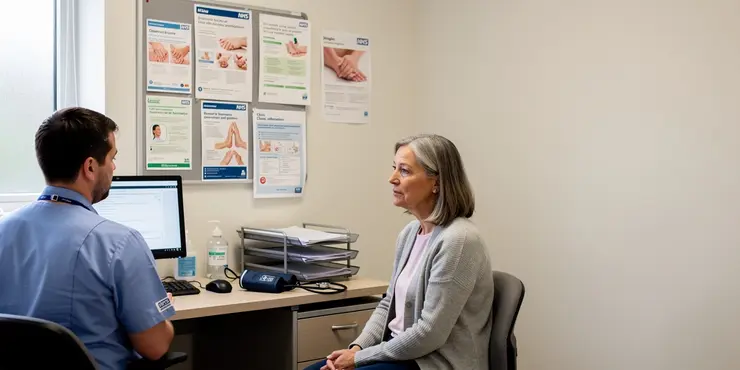
What treatments are available for shingles?
Relevance: 51%
-

Can the shingles vaccine cause chickenpox?
Relevance: 50%
-

Can the shingles vaccine cause chickenpox?
Relevance: 50%
-
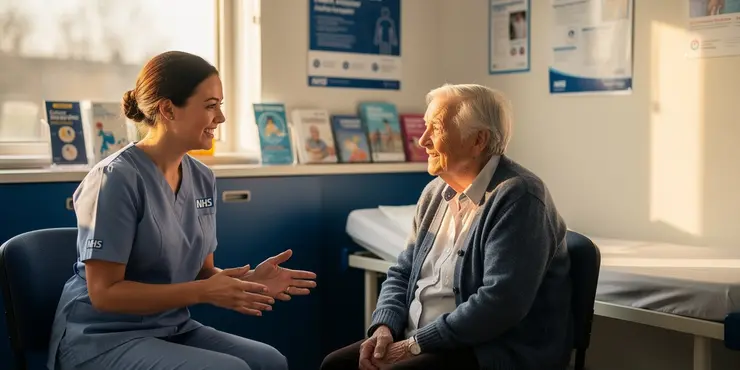
At what age should one get the shingles vaccine?
Relevance: 47%
-
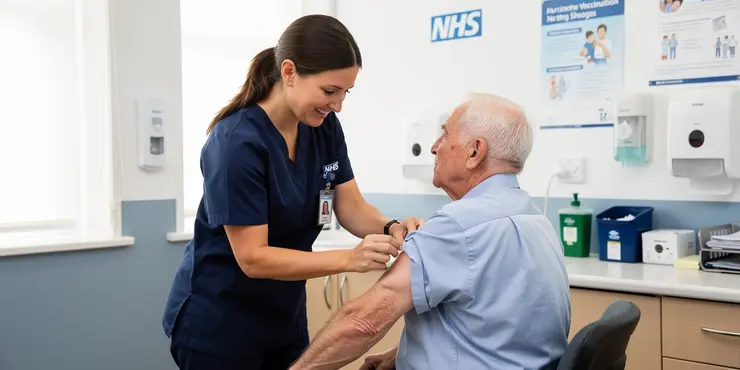
At what age should one get the shingles vaccine?
Relevance: 47%
-
Is meningitis contagious?
Relevance: 45%
-
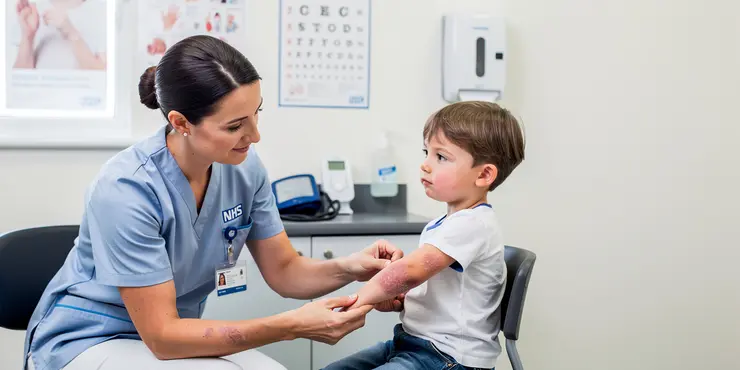
Is eczema contagious?
Relevance: 45%
-

Is impetigo contagious?
Relevance: 43%
-
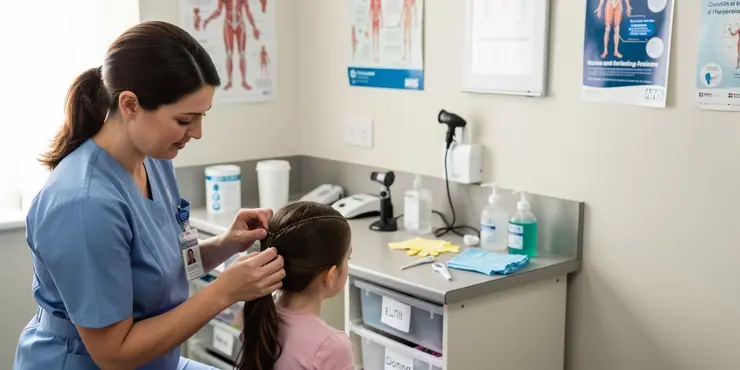
Are nits contagious?
Relevance: 43%
-
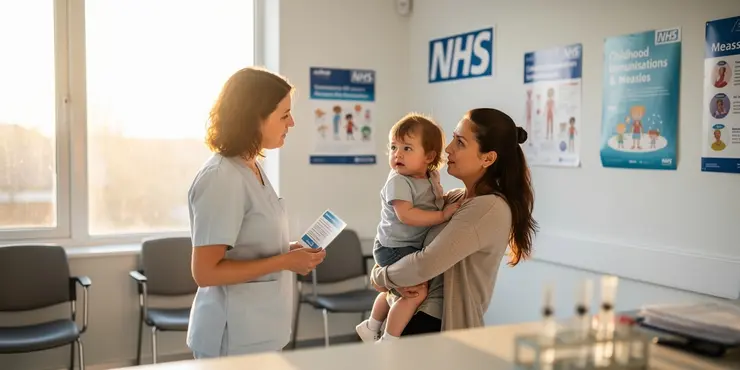
How contagious is measles?
Relevance: 42%
-

Are cold sores contagious?
Relevance: 41%
-
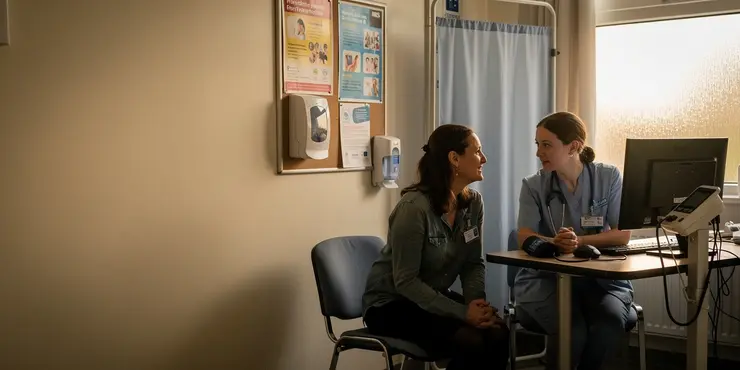
Is Crohn's disease contagious?
Relevance: 41%
-
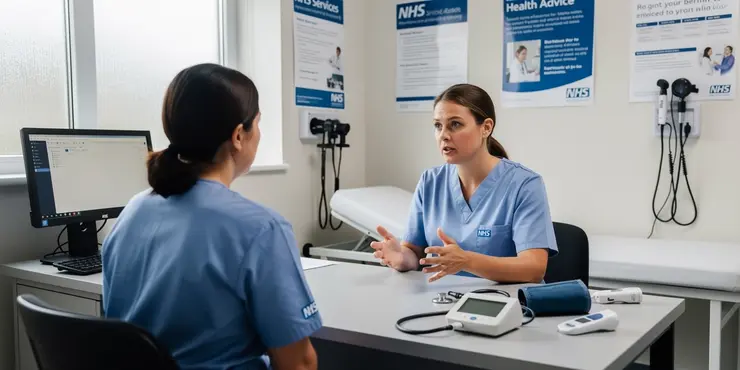
Is the Super Flu contagious?
Relevance: 41%
-
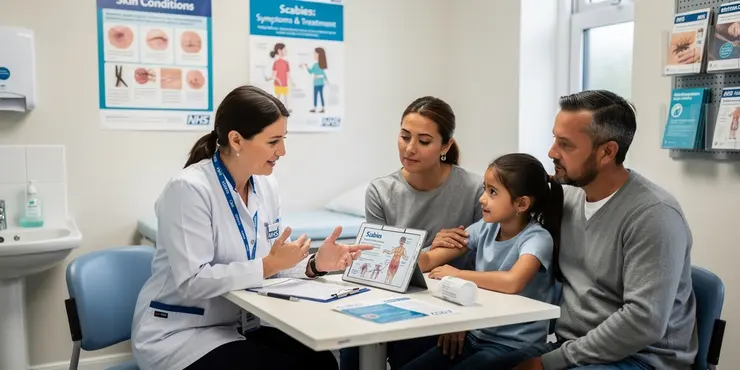
Is scabies contagious?
Relevance: 41%
-
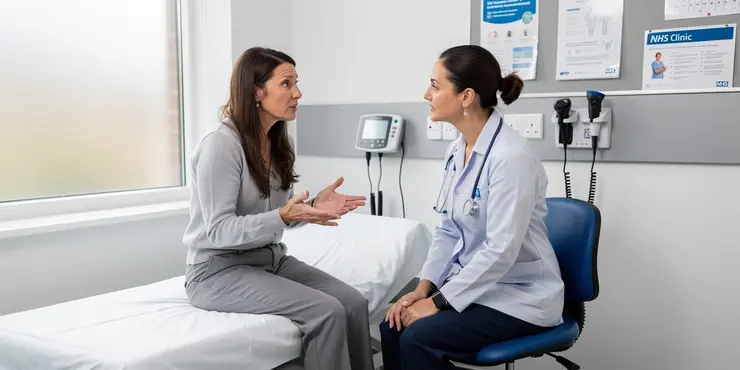
What should I do if I think I have shingles?
Relevance: 40%
-
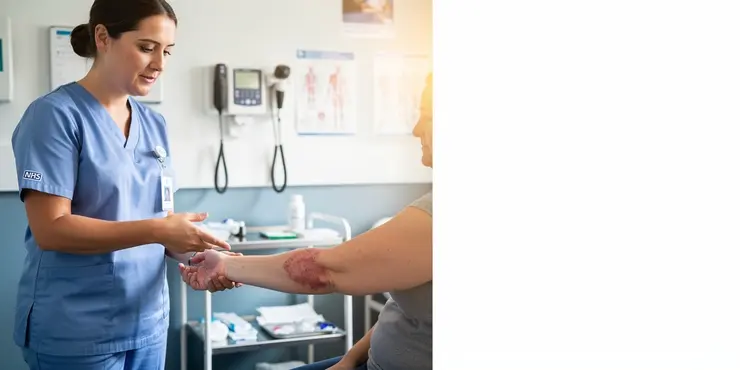
Is nettle rash contagious?
Relevance: 39%
-
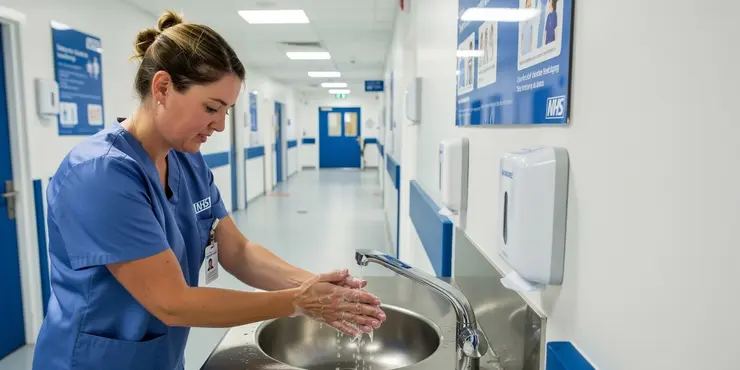
Are E. coli infections contagious?
Relevance: 39%
-
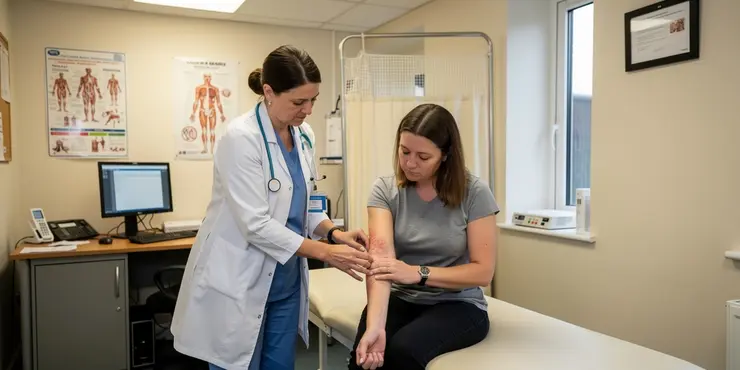
How is shingles diagnosed?
Relevance: 39%
-
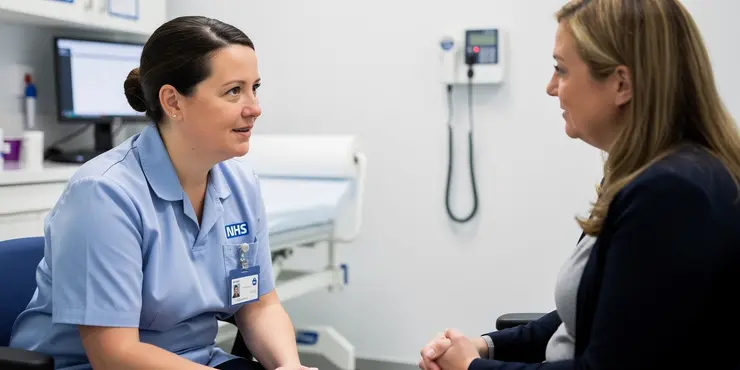
Is the Nimbus variant more contagious?
Relevance: 39%
-
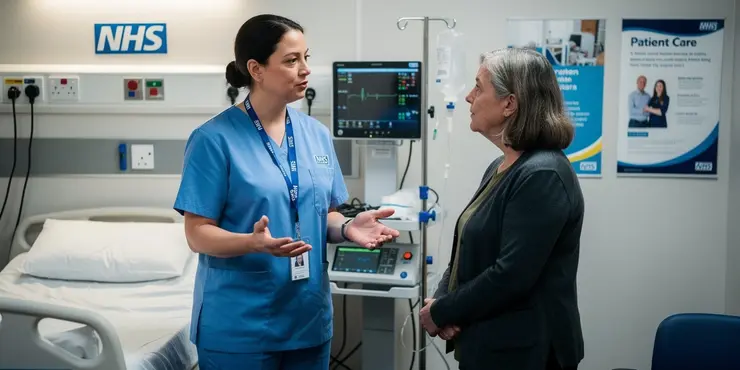
Is flesh-eating disease contagious?
Relevance: 38%
-
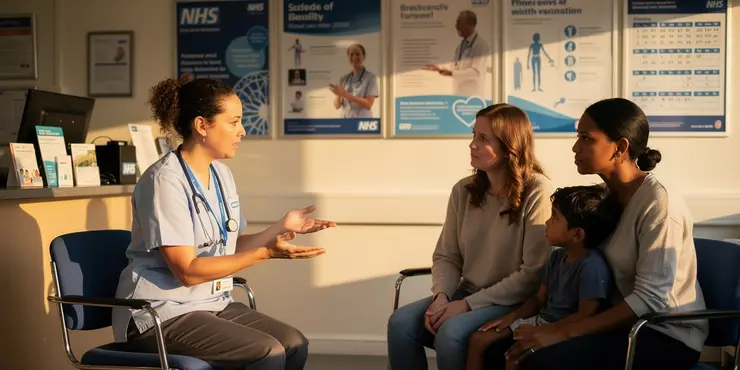
How long is a person with measles contagious?
Relevance: 38%
-

Who is at risk of developing shingles?
Relevance: 37%
Understanding Shingles
Shingles, also known as herpes zoster, is a viral infection caused by the varicella-zoster virus, the same virus responsible for chickenpox. It typically presents as a painful rash, often appearing as a stripe of blisters on one side of the body, usually on the torso or face. While shingles is more common in older adults, anyone who has had chickenpox can develop shingles later in life.
Is Shingles Contagious?
Shingles itself is not contagious in the way diseases like the common cold or the flu are. A person with shingles cannot spread the shingles virus directly to another person. However, there is a potential risk for transmission in a specific context. If someone who has never had chickenpox or the chickenpox vaccine comes into direct contact with the open sores of the shingles rash, they may develop chickenpox, not shingles. This is because the virus can spread from the fluid of the shingles blisters.
Transmission and Prevention
To avoid transmitting the varicella-zoster virus, it is important for individuals with shingles to cover their rash and avoid touching or scratching the blisters. They should also wash their hands frequently and avoid close contact with certain groups of people while the rash is still healing. Those at higher risk include pregnant women who have not had chickenpox or the vaccine, premature or low birth weight infants, and individuals with weakened immune systems.
Vaccination plays a critical role in prevention. The chickenpox vaccine can prevent initial varicella-zoster virus infection, and the shingles vaccine can reduce the risk of developing shingles in individuals over 50 years of age. In the UK, the shingles vaccine is offered routinely to people in their 70s as part of the NHS vaccination program.
Conclusion
While shingles itself is not directly contagious, the virus that causes it can be passed on to others, leading to chickenpox in those who have not been previously infected or vaccinated. Understanding the conditions under which transmission occurs and taking appropriate precautions can help prevent the spread of the virus. Vaccination remains an effective measure in reducing the risk of both shingles and initial varicella-zoster infections. If you suspect you have shingles or are concerned about potential transmission, it's always a good idea to consult with a healthcare provider for guidance and proper management.
Understanding Shingles
Shingles is a sickness caused by a virus. This virus is the same one that causes chickenpox. If you had chickenpox before, you can get shingles later. Shingles gives you a painful skin rash. It often looks like a line of small blisters on one side of your body, usually on your back or face. Older people get shingles more often.
Is Shingles Contagious?
Shingles does not spread like a cold or the flu. You cannot catch shingles from someone else. But if you touch the blisters of someone with shingles and you have never had chickenpox or the chickenpox vaccine, you could get chickenpox. This happens because the virus can move from the blisters.
Transmission and Prevention
People with shingles should cover their rash and not touch or scratch the blisters to stop spreading the virus. They should wash their hands often. They should also stay away from certain people until their rash heals. These people include pregnant women who never had chickenpox, early-born or small babies, and people with a weak body against sickness.
Getting vaccines helps a lot. The chickenpox vaccine stops you from getting the virus first. The shingles vaccine can help people over 50 not get shingles. In the UK, older people in their 70s can get the shingles vaccine from the NHS.
Conclusion
Shingles cannot be given to someone else. But the virus can make other people get chickenpox if they never had it or the vaccine. Knowing how it spreads and being careful helps stop the virus from moving to others. Vaccines are very good at lowering the chance of getting shingles or chickenpox. If you think you have shingles or are worried about spreading it, talk to your doctor. They can give you good advice and help.
Frequently Asked Questions
What is shingles?
Shingles is a viral infection caused by the varicella-zoster virus, which also causes chickenpox.
Is shingles contagious?
Shingles itself is not contagious, but the virus can be spread to someone who has never had chickenpox, potentially causing them to develop chickenpox.
Who can get shingles?
Anyone who has had chickenpox can get shingles, usually later in life.
How can shingles be spread?
Shingles can spread through direct contact with the fluid from the rash blisters, but only to people who have not had chickenpox or the chickenpox vaccine.
Can I catch shingles from someone with shingles?
You cannot catch shingles from someone else, but you can catch chickenpox from someone who has active shingles if you haven't had chickenpox.
Is the shingles virus airborne?
No, the virus is spread by contact with the rash, not through the air.
What should I do if I am exposed to someone with shingles?
If you have had chickenpox or the vaccine, your risk is minimal. If not, monitor for symptoms and consult a healthcare provider.
How long is shingles contagious?
Shingles is contagious until the rash has crusted over, which usually takes 7 to 10 days.
What are the symptoms of shingles?
Symptoms include a painful rash, itching, fever, and headache.
Can shingles be prevented?
A vaccine is available to reduce the risk of developing shingles and its complications.
Can children get shingles?
Children can get shingles, but it is more common in older adults.
What should I do if I have shingles?
See a healthcare provider for diagnosis and treatment to reduce the severity and duration of symptoms.
Can someone get shingles more than once?
Yes, it is possible to have shingles more than once, though it is not common.
How is shingles diagnosed?
Shingles is diagnosed based on the appearance of the rash and other symptoms.
What treatments are available for shingles?
Antiviral medications can help speed healing and reduce the risk of complications.
Can I go to work if I have shingles?
It depends on the location of your rash and if you can cover it. Consult with a healthcare provider for guidance.
Does having shingles mean I am contagious forever?
No, you are only contagious until the rash blisters crust over.
Can shingles cause complications?
Yes, shingles can lead to complications such as postherpetic neuralgia, vision loss, and neurological problems.
Is there a test for shingles?
Doctors usually diagnose shingles based on symptoms, but laboratory tests can confirm the diagnosis if needed.
Will everyone who had chickenpox get shingles?
Not everyone who had chickenpox will develop shingles, but the risk increases with age.
What is shingles?
Shingles is a skin rash. It can hurt and itch. It is caused by the same virus that causes chickenpox.
People can get shingles if they had chickenpox when they were younger. It happens when the chickenpox virus comes back later in life.
Using pictures or videos can help people understand more about shingles. Talking to a doctor or nurse can also help.
Shingles is caused by a virus. This virus is the same one that causes chickenpox.
Can you catch shingles from someone?
You can't catch shingles from someone, but there is a virus that can spread if you have never had chickenpox. This might give you chickenpox.
Who can get shingles?
Anyone who has had chickenpox can get shingles. This usually happens to older people or people with weak bodies.
If you need help, you can:
- Ask someone to read with you.
- Use an app that reads words out loud.
- Talk to a doctor or nurse for more help.
If you had chickenpox before, you can get a sickness called shingles. This usually happens when you are older.
How does shingles spread?
Shingles is a skin rash. It can spread to other people. Here is how: - Touching the rash: If you touch the rash, you could spread it. - Cover up: Keep the rash covered to stop spreading. To stay safe, wash your hands often! For help with reading, you can: - Listen to audiobooks. - Use apps that read text aloud.Shingles can spread if someone touches the gooey stuff from the blisters. But this only happens to people who have never had chickenpox or the chickenpox shot.
Can I get shingles from another person?
No, you cannot catch shingles from someone else. Shingles comes from a virus that lives in your body. But, you can get chickenpox from a person with shingles if you have never had chickenpox before.
If you have more questions, you can ask a doctor or look for easy health guides online.
You can't get shingles from another person. But if someone has shingles and you haven't had chickenpox before, you could catch chickenpox from them.
Can you catch shingles from the air?
No, you can't catch the virus from the air. You can only get it if you touch the rash.
What should I do if I am near someone with shingles?
If you have had chickenpox or got the chickenpox shot, you are probably safe. If you have not had chickenpox or the shot, look for signs of being sick and talk to a doctor.
When can you spread shingles to others?
Shingles can spread to other people until the rash has a crust on it. This usually takes 7 to 10 days.
What are the signs of shingles?
Signs you are sick can be a sore rash, itchy skin, feeling hot, and a headache.
How can we stop shingles?
Yes, you can try to stop shingles. Here's how:
- Get a vaccine shot. It helps keep shingles away.
- Stay healthy by eating good food and getting enough rest.
- Wash your hands often to stay clean.
If you want help, ask your doctor. They can give you advice.
There is a vaccine to help stop people from getting shingles and the problems it causes.
Can kids get shingles?
Yes, kids can get shingles. It is more common in older people, but kids can get it too.
If a child has had chickenpox, they can get shingles later. Shingles can be painful, but doctors can help with treatment.
If you or your child have any questions, it's a good idea to ask a doctor or nurse. They can explain things in a way that's easy to understand.
Using pictures, simple words, and asking someone for help can make it easier to understand things about health.
Kids can get sick with shingles, but it usually happens to older people.
What to Do if You Have Shingles
Shingles is a skin rash that can hurt a lot. If you think you have shingles, see a doctor. They can give you medicine to help you feel better.
Here are some steps to help you:
- Visit your doctor quickly.
- Take your medicine as the doctor says.
- Rest and relax your body.
- Put cool, wet cloths on your rash to feel better.
- Wear loose clothes so they do not rub the rash.
Ask family or friends to help if you need it. Using picture books or apps that read aloud can also support understanding.
Visit a doctor to find out what is wrong and to get help. This can make you feel better faster and less sick.
Can you get shingles again?
Yes, you can get shingles more than one time. Shingles is a rash that can come back.
Here are some tips if you have trouble reading:
- Ask someone to read it to you.
- Use a ruler or your finger to follow the words.
- Find a quiet place to read.
Yes, you can get shingles more than one time. But it doesn't happen a lot.
How do doctors find out if you have shingles?
Doctors use tests to see if you have shingles. They might look at your skin and ask about your feelings, like itching or pain. They could also do a small test on your skin. Tools that can help: - Pictures of symptoms - Simple questions about how you feel These tools make it easier to talk about what you are feeling.Doctors know if you have shingles by looking at your skin and checking your symptoms.
What can help if you have shingles?
Shingles can be painful. Here are some ways to feel better:
- Medicine: Doctor gives medicine. It helps with pain and heals quicker.
- Cool packs: Put a cool cloth on sore spots. It feels nice.
- Rest: Sleep and rest help your body get better.
Ask a doctor or nurse for help. They know what to do.
Medicine that fights viruses can help you get better faster and make problems less likely.
Can I go to work if I have shingles?
If you have shingles, you might want to know if you can still go to work. Here is some easy information to help you decide.
What is shingles?
Shingles is a skin rash. It can be painful and make you feel sick.
Can I work with shingles?
You should ask your doctor if it is okay for you to go to work. Sometimes, it is better to rest at home until you feel better.
Tips to help you:
- If you go to work, you might need to put a bandage on the rash.
- Make sure to wash your hands a lot.
- Tell your boss or teacher you have shingles.
Tools that can help:
- You can use a planner to remember what your doctor says.
- A friend or family member can help you with tasks at work.
- Use reminders on your phone to take medicine on time.
It matters where your rash is and if you can cover it up. Talk to a doctor or nurse for help.
If I have shingles, will I make other people sick forever?
No, you can only spread the illness until the rash has crusted over.
Can shingles cause problems?
Shingles can sometimes lead to problems. It can make your body feel very weak and tired.
Some people may get a skin infection where the rash is.
It can also hurt your eyes if the rash is near them.
If you have shingles, it's good to see a doctor. They can help you feel better.
Talking to someone about how you feel can be helpful, too! You can ask a family member, friend, or teacher for support. They can help you learn more about shingles and what to do.
Yes, shingles can cause other problems. These problems can be pain after the rash (called postherpetic neuralgia), problems with seeing, and nerve problems.
If you find reading hard, you can try these helpful tools:
- Use audiobooks or podcasts to listen to information.
- Try apps that read out loud.
- Break information into small parts.
- Ask someone to explain things to you.
Can doctors check if you have shingles?
Doctors can tell if someone has shingles by looking at the signs, like a rash. But, if they want to be sure, they can use a lab test to check.
Can everyone who had chickenpox get shingles?
If you had chickenpox before, you might get shingles when you are older, but not everyone will. Shingles can happen because the chickenpox virus stays in your body. Doctors can help with medicine if you get shingles.
Here are some tips to make reading easier:
- Ask someone to read with you.
- Use a dictionary for new words.
- Point to words as you read them.
Not everyone who had chickenpox will get shingles. But, you are more likely to get it as you get older.
Useful Links
This website offers general information and is not a substitute for professional advice.
Always seek guidance from qualified professionals.
If you have any medical concerns or need urgent help, contact a healthcare professional or emergency services immediately.
Some of this content was generated with AI assistance. We’ve done our best to keep it accurate, helpful, and human-friendly.
- Ergsy carfully checks the information in the videos we provide here.
- Videos shown by Youtube after a video has completed, have NOT been reviewed by ERGSY.
- To view, click the arrow in centre of video.
- Most of the videos you find here will have subtitles and/or closed captions available.
- You may need to turn these on, and choose your preferred language.
- Go to the video you'd like to watch.
- If closed captions (CC) are available, settings will be visible on the bottom right of the video player.
- To turn on Captions, click settings .
- To turn off Captions, click settings again.
More Items From Ergsy search
-

Is shingles contagious?
Relevance: 100%
-

Is shingles contagious?
Relevance: 98%
-

What is shingles?
Relevance: 61%
-

What is Shingles?
Relevance: 61%
-

Can shingles be prevented?
Relevance: 59%
-

What causes shingles?
Relevance: 59%
-

What causes shingles?
Relevance: 58%
-

How is shingles diagnosed?
Relevance: 58%
-

Are there any complications associated with shingles?
Relevance: 56%
-

Is chickenpox contagious?
Relevance: 54%
-

Is the shingles vaccine safe?
Relevance: 54%
-

Can shingles be prevented?
Relevance: 53%
-

What are the symptoms of shingles?
Relevance: 53%
-

Who is at risk of developing shingles?
Relevance: 52%
-

Are there any complications associated with shingles?
Relevance: 52%
-

Can stress trigger shingles?
Relevance: 51%
-

What treatments are available for shingles?
Relevance: 51%
-

Can stress trigger shingles?
Relevance: 51%
-

What treatments are available for shingles?
Relevance: 51%
-

Can the shingles vaccine cause chickenpox?
Relevance: 50%
-

Can the shingles vaccine cause chickenpox?
Relevance: 50%
-

At what age should one get the shingles vaccine?
Relevance: 47%
-

At what age should one get the shingles vaccine?
Relevance: 47%
-
Is meningitis contagious?
Relevance: 45%
-

Is eczema contagious?
Relevance: 45%
-

Is impetigo contagious?
Relevance: 43%
-

Are nits contagious?
Relevance: 43%
-

How contagious is measles?
Relevance: 42%
-

Are cold sores contagious?
Relevance: 41%
-

Is Crohn's disease contagious?
Relevance: 41%
-

Is the Super Flu contagious?
Relevance: 41%
-

Is scabies contagious?
Relevance: 41%
-

What should I do if I think I have shingles?
Relevance: 40%
-

Is nettle rash contagious?
Relevance: 39%
-

Are E. coli infections contagious?
Relevance: 39%
-

How is shingles diagnosed?
Relevance: 39%
-

Is the Nimbus variant more contagious?
Relevance: 39%
-

Is flesh-eating disease contagious?
Relevance: 38%
-

How long is a person with measles contagious?
Relevance: 38%
-

Who is at risk of developing shingles?
Relevance: 37%


